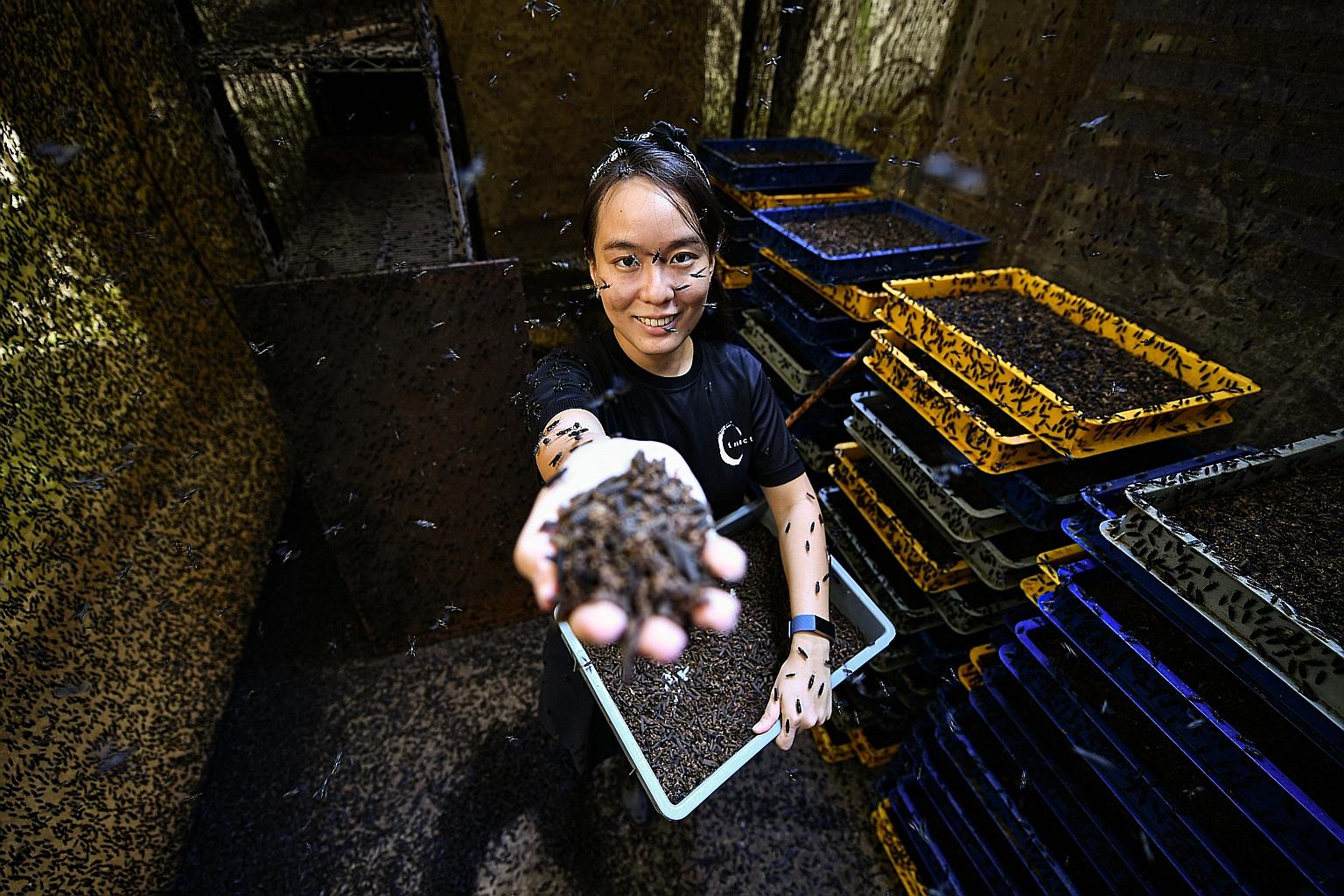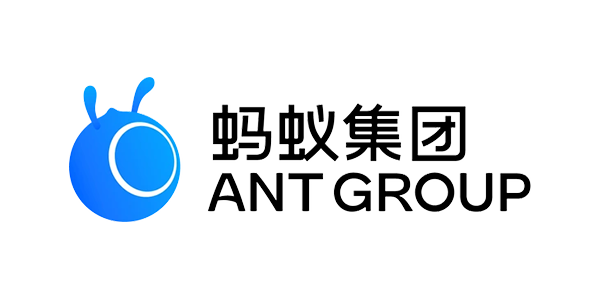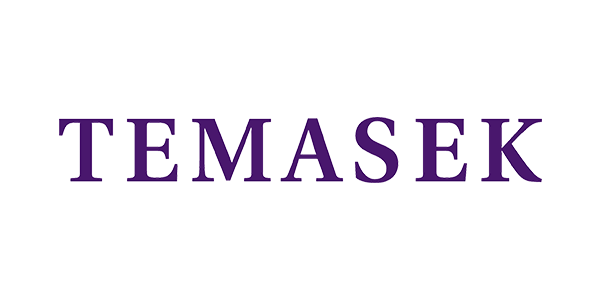- Premium Content It takes our newsroom weeks - if not months - to investigate and produce stories for our premium content. You can’t find them anywhere else.
Frustrations in insect-for-food industry spark pivot
The buzz in insect farming is loudest around alternative proteins, but some regional startups are finding better opportunities in the production of insect-derived ingredients for health supplements and animal feed.
Increasing uses for what the industry calls insect biomaterials are pushing players to shift focus or explore other markets, especially as some have been frustrated by the lack of development in the insects-for-food space here.

Black soldier fly farm / Photo credit: Insectta
One of the early movers in the insect space is Insectta. The company started in 2018 as a black soldier fly farm in Singapore that made animal feed and fertilizer.
It had two pain points then, co-founder and chief marketing officer Chua Kai-Ning told The Business Times.
First, farm operations do not play into Singapore’s strengths in research and development (R&D).
Second, the industry for feed and fertilizer is limited in its potential. Cow and sheep farmers can produce high-value products, such as leather and wool, but black soldier flies do not have similar yields.
These challenges led the company to pivot away from farming and into the production of biomaterials – materials derived from biological organisms – in 2019.
The company produces chitosan and melanin from black soldier fly cocoon shells, which they source from fly farms across Southeast Asia. It raised an undisclosed amount in a seed round in 2020 and opened its pilot facility in November 2023.
Chitosan is used in a wide range of products, including disinfectants, cholesterol supplements, and antifungal creams. Melanin could potentially be used in bone regeneration scaffolds to help cells proliferate as well as in energy storage devices to power electronics.
While Insectta is not yet generating revenue, Chua said the company is trying to build its customer base in the fields of healthcare, electronics, and cosmetics.
It also hopes to scale up operations by next year to process up to 600 kilograms of cocoon shells. Its current capacity stands at 5 kilograms, from which it can extract 300 to 500 grams of chitosan and 50 grams of melanin.
Another insect company is Malaysia-based Nutrition Technologies, which produces animal feed and fertilizer from black soldier fly larvae and feces in its production facility in Johor.
Black soldier flies have very active immune systems, as they produce a lot of antimicrobial peptides, said the company’s chief technology officer Martin Zorrilla. Products derived from these flies are therefore beneficial to animal and plant health.





